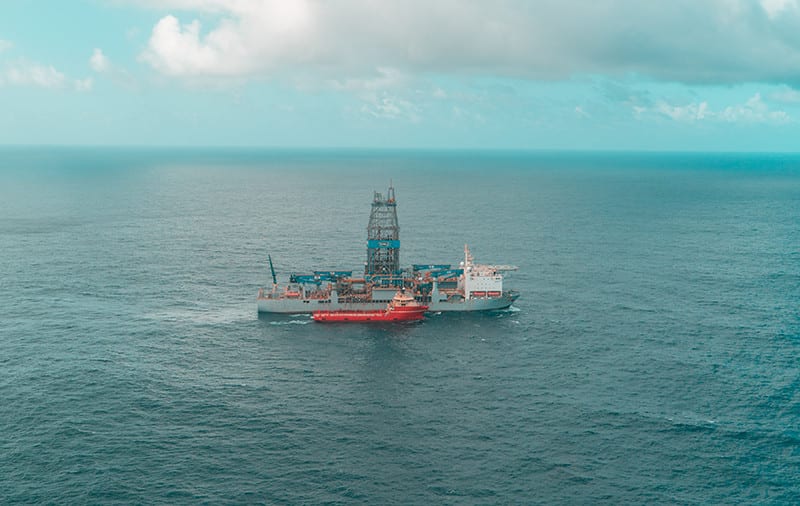While some arguments have been put forward in favour of Guyana establishing a National Oil Company so that it may have a participating interest in its oil blocks, the International Monetary Fund (IMF), one of the key agencies assisting the country in building its governance capacity, is advising instead on the establishment of a State Holding Company.
According to the Fund, National Oil Companies present numerous governance and transparency challenges. But if Guyana’s authorities desire some level of participation, the Fund said they should establish a State Holding Company to manage its interest while noting that such an entity should fall under the oversight of the Ministry of Finance.
The Fund acknowledged that many countries have a state participation in petroleum operations. It said that this can be considered a fiscal instrument which provides an additional government share in the upside of a project. It cautioned however that this also implies taking on more risks.
Further to this, the financial institution advised that there may be non-fiscal reasons for state participation as it provides a “seat at the table” for decision making and reduces information asymmetries. But given the substantial regulatory powers the government already has in the upstream petroleum sector; the IMF was keen to note that there is no evidence that participation is necessarily adding much more value in this regard.
On this note, the Fund said that the government may be better off securing a higher government take from a progressive profit oil share rather than having state participation in a project. “Since a carry is equivalent to a rate of return-based resource rent tax, this provides a benchmark for assessing the fiscal benefits. An alternative mechanism would be to have a higher profit oil share instead of a participation interest in a project,” the IMF noted in its technical advice that was seen by OilNOW.
If the government still prefers state participation, the Fund said it could be included as a right in the Model Production Sharing Agreement (PSA). The organization said this would allow the government to elect at the start of development, whether to participate in a project of up to say 10 percent. The financial institution also said that there should be an option to have the participation financed through a carry at a reasonable interest rate while noting that there should not be reimbursement by the government for exploration costs.
Norwegian-based Rystad Energy has said Guyana can benefit from establishing a state company, not in the sense of Mexico’s Pemex, but more in line with Brazil’s Pré-Sal Petróleo SA (PPSA). “This is an organisation that is able to utilise the money that is being made on the government profit oil and take non-operating positions in future blocks coming up. So, being a financial partner rather than an operating partner,” Schreiner Parker, Rystad Energy’s Vice President for Latin America and the Caribbean, has told OilNOW.
US oil major ExxonMobil began producing oil offshore Guyana in December 2019 at the Liza Phase 1 Development. The company has so far made a record 16 discoveries, amounting to more than 8 billion barrels of oil equivalent resources.



